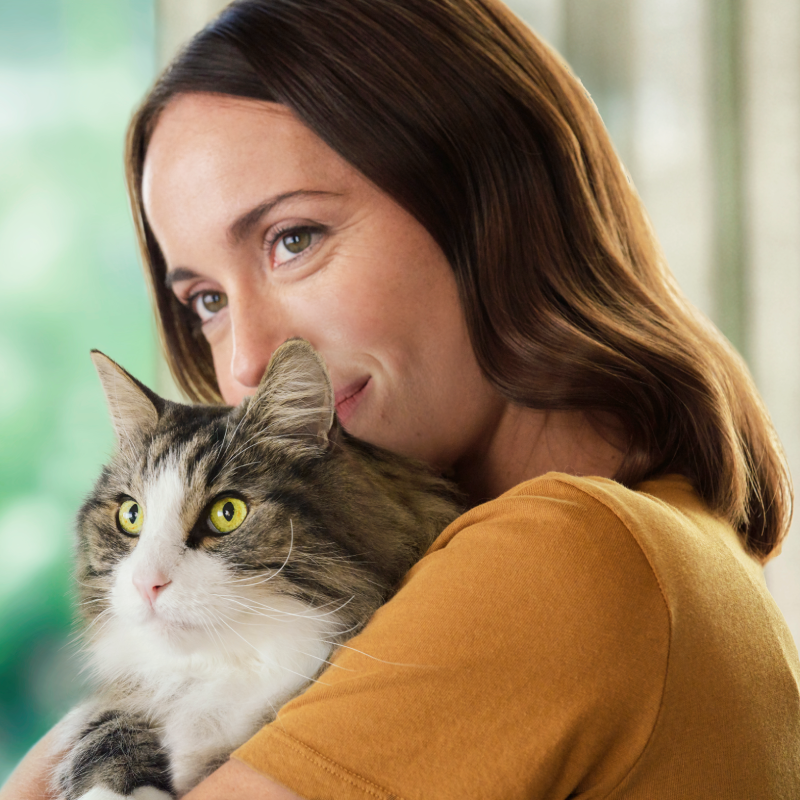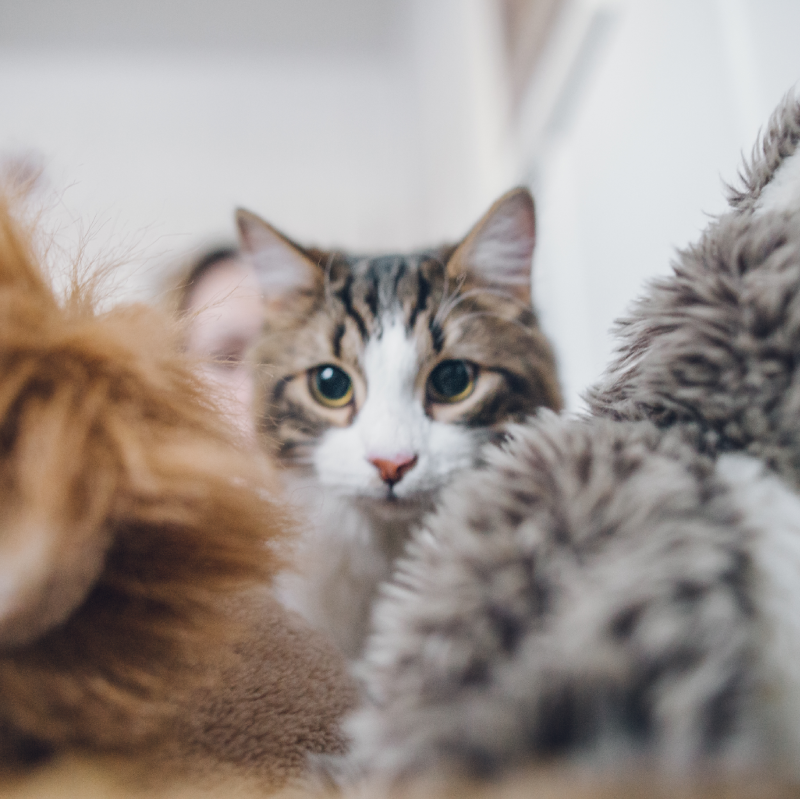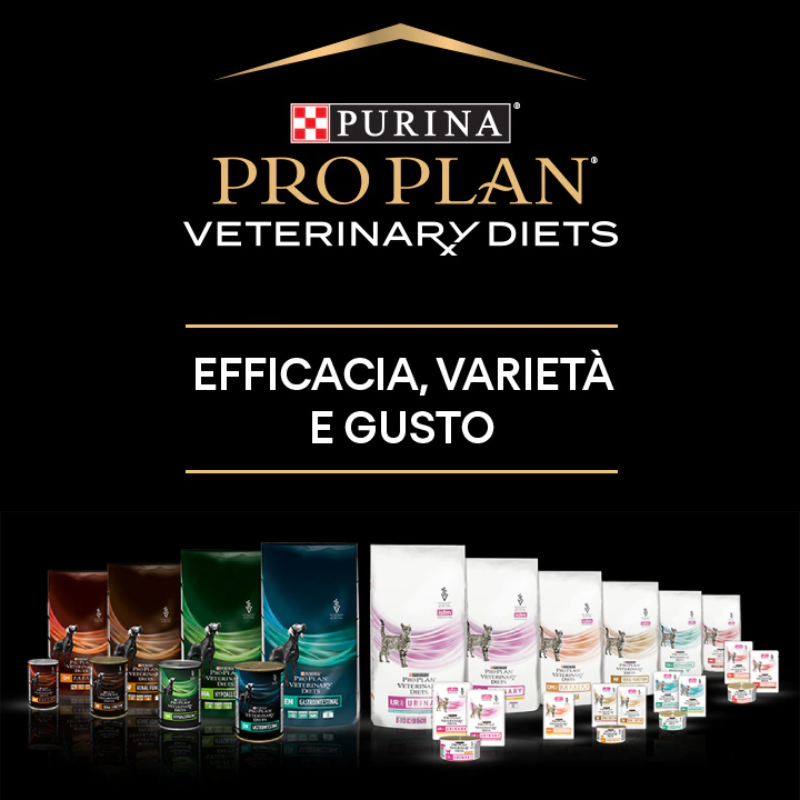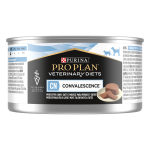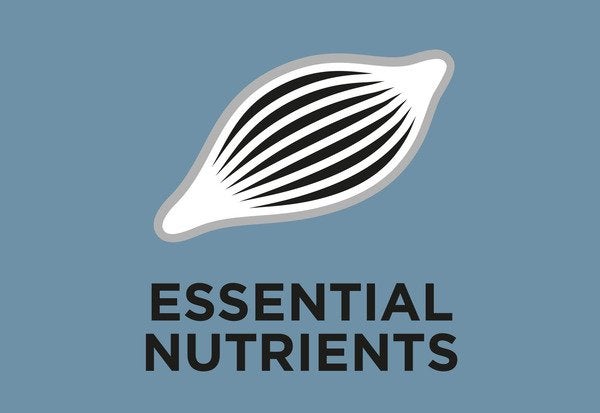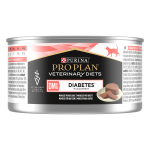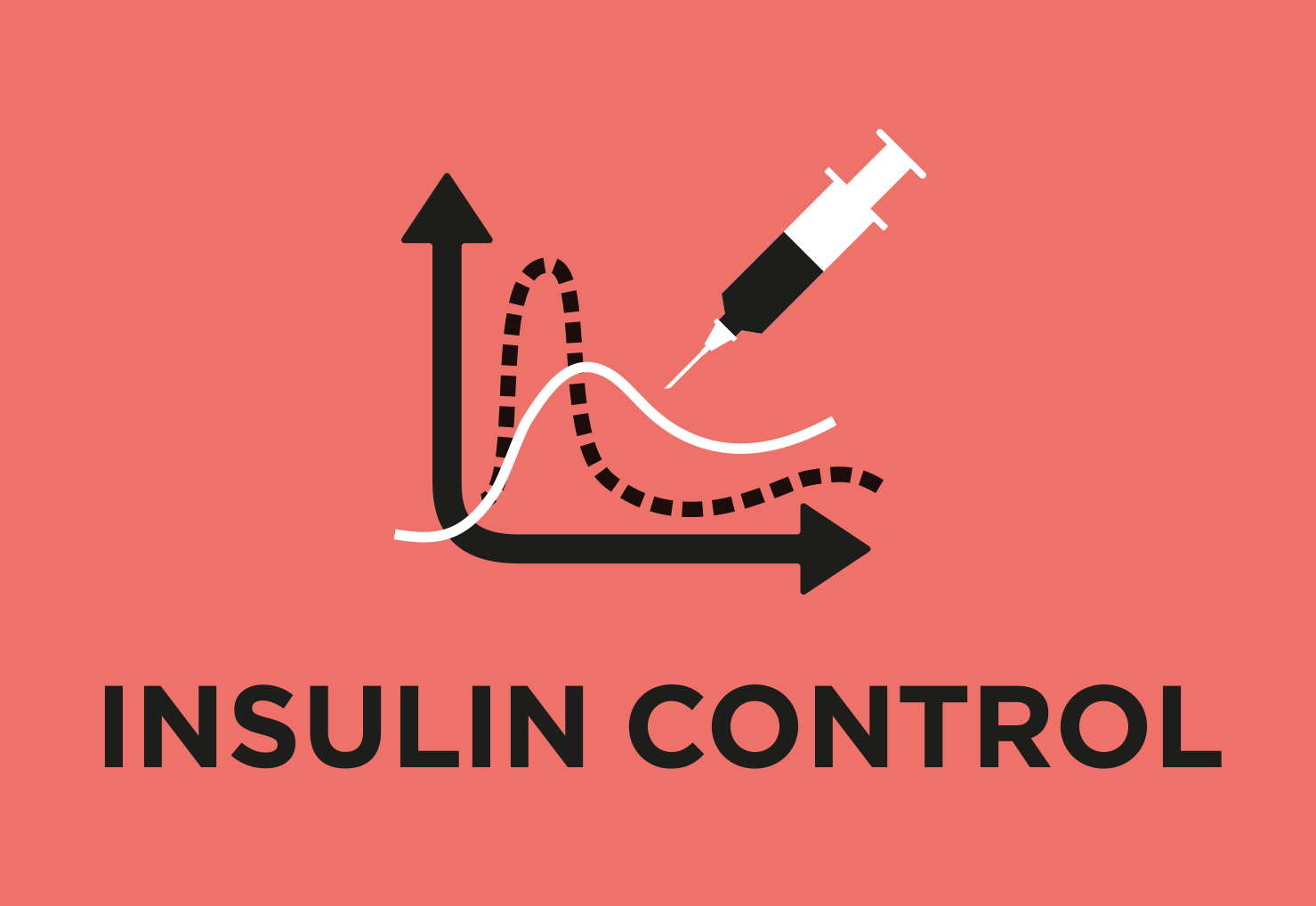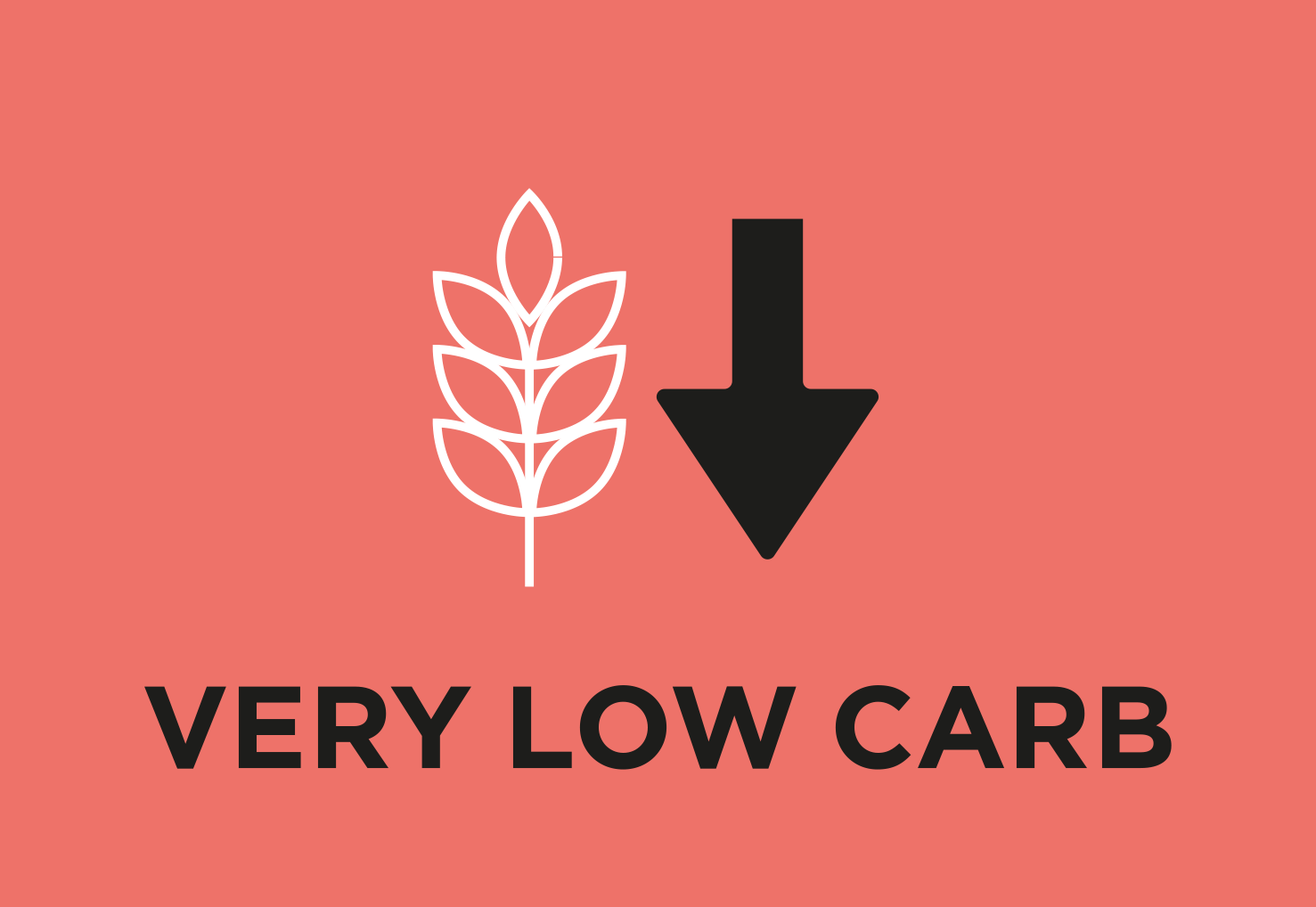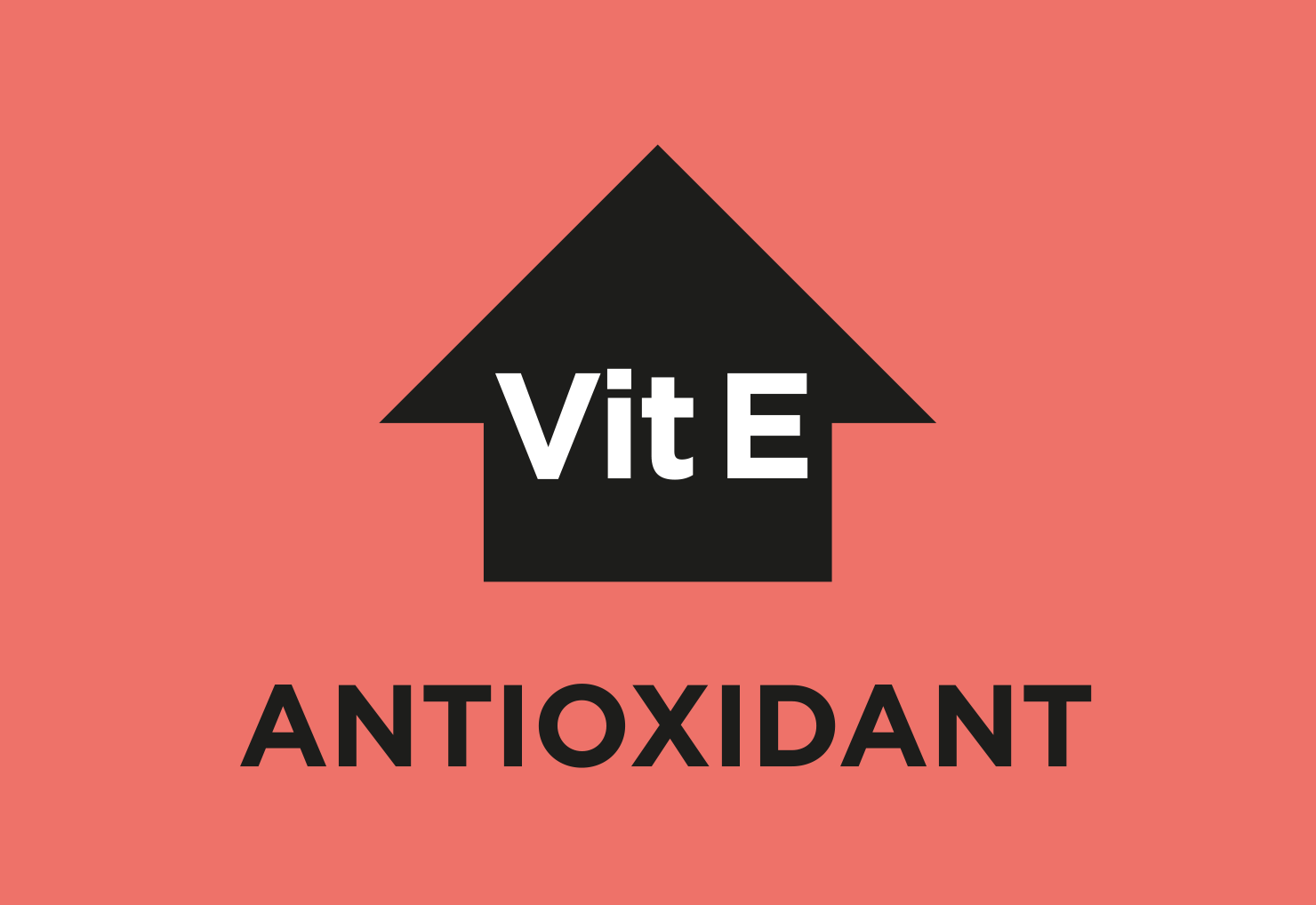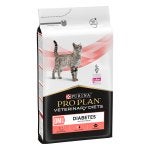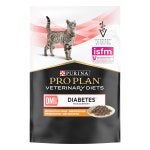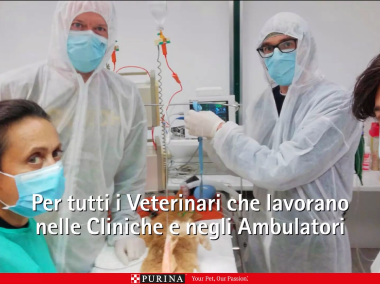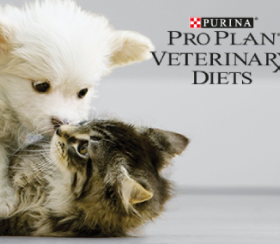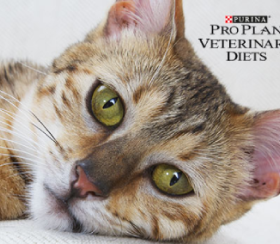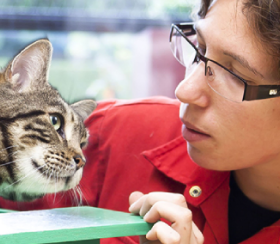Background and objectives: When exposed to antigens, hens produce antibodies (IgY) similar in structure to mammalian antibodies (IgG). In hens exposed to Fel d 1, the main cat allergen, the production of specific antibodies is stimulated, the anti-Fel d 1 IgY, naturally concentrated in the egg yolk. Method: The safety of an ingredient derived from chicken egg and containing an anti-Fel d 1 IgY was evaluated in a 26-week blind, controlled, randomized study. More than 40 cats of different ages were fed foods containing different levels of anti-Fel d 1 IgY. Several parameters were evaluated such as clinical observation, body weight, food intake, as well as serological, blood and urine analyses. Results: The study showed no differences in terms of clinical condition, body weight, feed intake, eye exams, blood or urine values between control group cats (fed with food without anti-Fel d 1 IgY) and cats received foods with various levels of anti-Fel d 1 IgY. Conclusions and relevance of the study: The present study demonstrated that anti-Fel d 1 was well tolerated by cats.

 purina: insieme è meglio
purina: insieme è meglio



